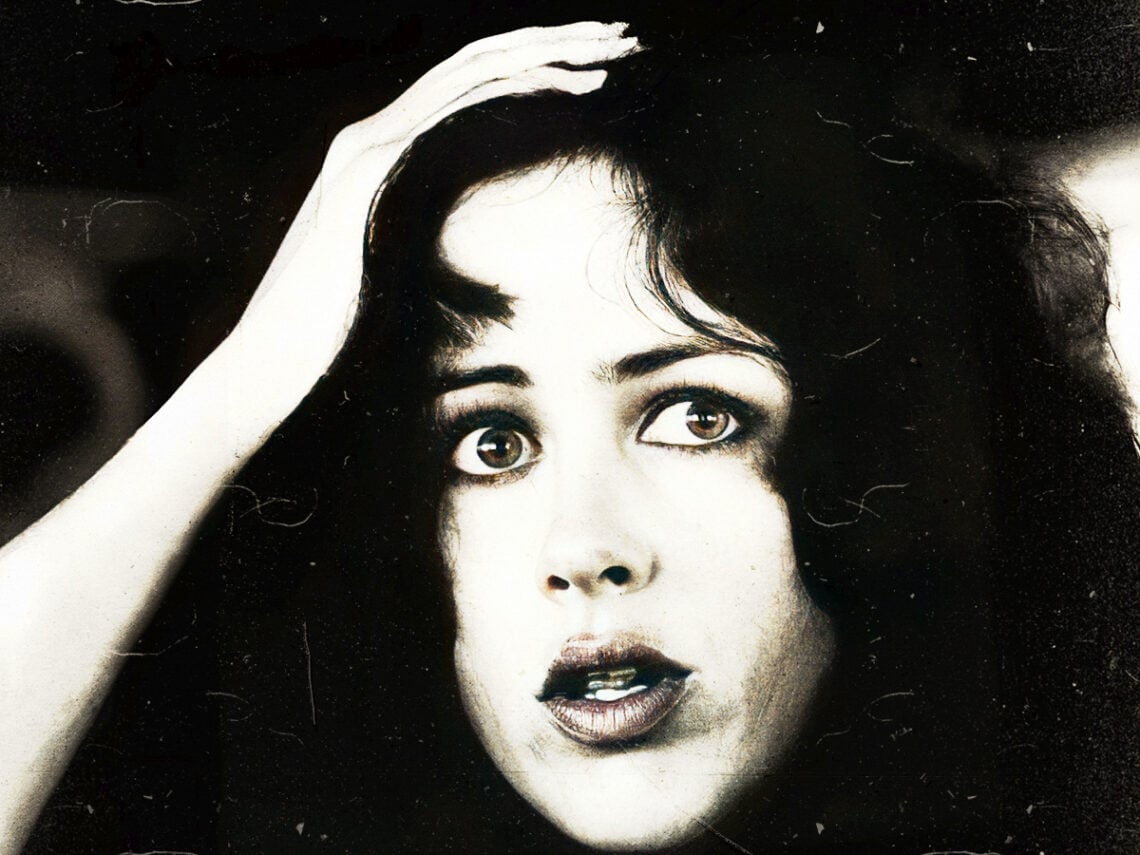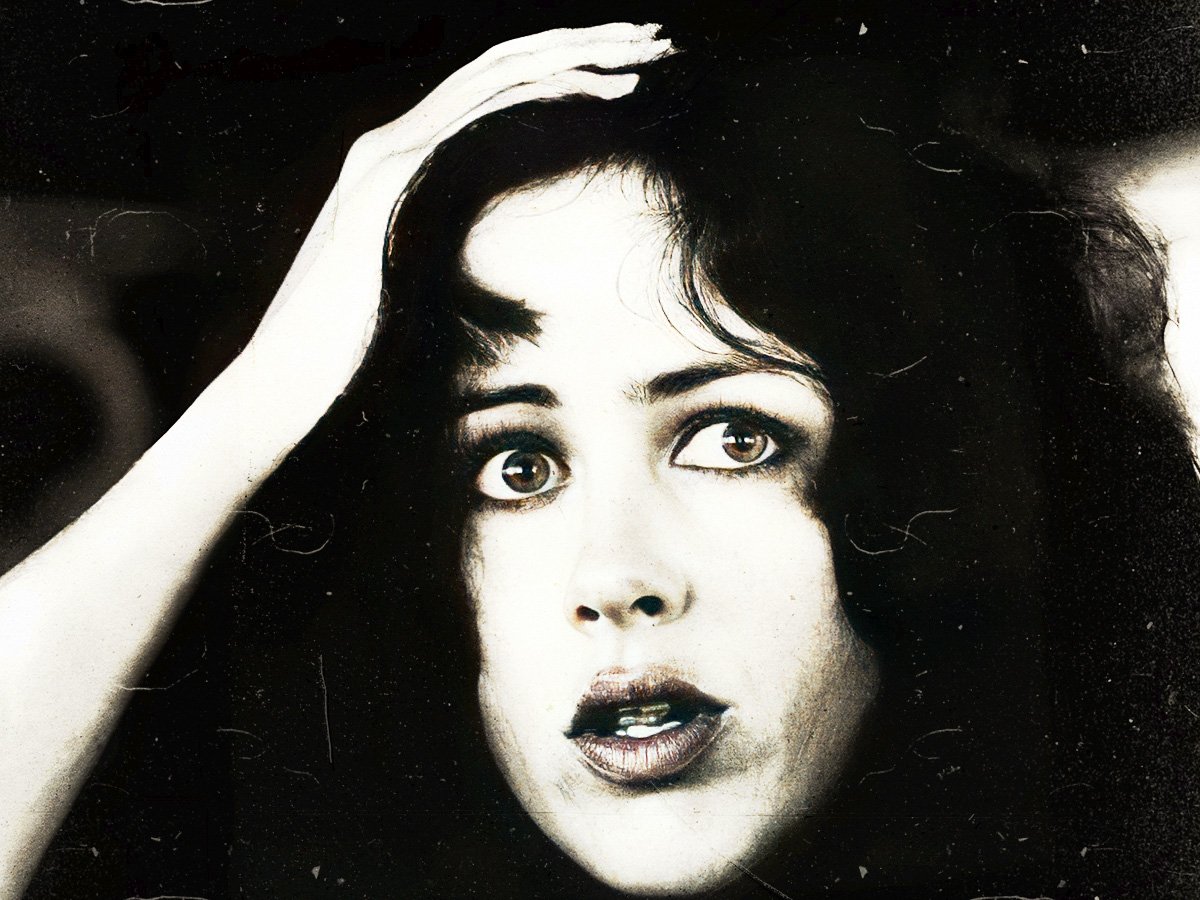
(Credits: Far Out / Alamy)
Thu 27 November 2025 3:00, UK
One of the reasons why Jefferson Airplane became so popular was that the music resonated with an entire generation, rooted in the sociopolitical context of existing during one of the most turbulent times in all of history, and Grace Slick, in particular, was a force, and, as one of the most defining female artists of the era, she served as a reminder of the power of strength and resilience when little else made sense.
A lot of this also came from her natural streak of defiance, where her voice alone communicated much of it at the heart of counterculture’s most defining figures, but it was also due to the themes she poured into the music, and how her psychedelic explorations came across both as a plot for escapism and a rumination on the world around.
Much of this can, of course, be found in their defining hit, ‘White Rabbit’, a song hooked into the familiar pillars of one of the most popular children’s stories of all time, anchoring the bold spirit of those navigating a period of time otherwise marked by immense malaise and confusion, and how gripping onto reality in spite of society’s unrelenting flaws was the common experience of an entire generation.
It also came from something far less abstract, like how children would often be scaremongered by their parents about the perils of drug use. A necessary lesson to teach, but one which often fed into the swirling abyss of an era defined by its own societal fabrications, at the crux of which were psychedelic drugs themselves, and a loss of touch that caused people to lose themselves to fabrications.
These were all of the reasons why Slick and Jefferson Airplane became the ultimate mirror, both reflecting and playing into all the quirks that people would forever associate with the 1960s, with the music simultaneously remaining timeless, playing into the kinds of sociopolitical anxieties that define almost every era, and capturing the interplay between escapism, disassociation due to losing a grip on what’s real during troubled times.
Thus, when she made the move over to Jefferson Starship, she felt the boat rock immediately. In her view, Airplane was popular because of all of those reasons, namely, for being rooted in something real. Starship, on the other hand, was like night to Airplane’s day, focused instead on the commercial aspect and not so much the political contexts.
Theoretically, there wasn’t that much difference between the two names, except for the fact that it had split off from its original entity and recruited new members to fill in the gaps. In practice, however, Slick felt that things had changed beyond the relevance of her previous position and that, while Airplane had been worthwhile, Starship was nothing more than a diluted version that only sought hits.
As she once said, “Starship was a whole different thing. It was pop rock. It made more money and had more hit songs than Airplane. There was no cultural or social ethic behind it. For me, it was like selling out. I was the only one selling out. The rest enjoyed doing what they were doing.”
This taps into many of the reasons why Slick often felt cornered by her own success. As someone who is the ultimate counterculture icon, she often feels like that’s all she ever is, and any attempts to progress are met with reluctance because that’s a mould she can never break free from. While true, it also proves just how much she defined an entire era, which is an achievement most can merely dream of.
Related Topics
